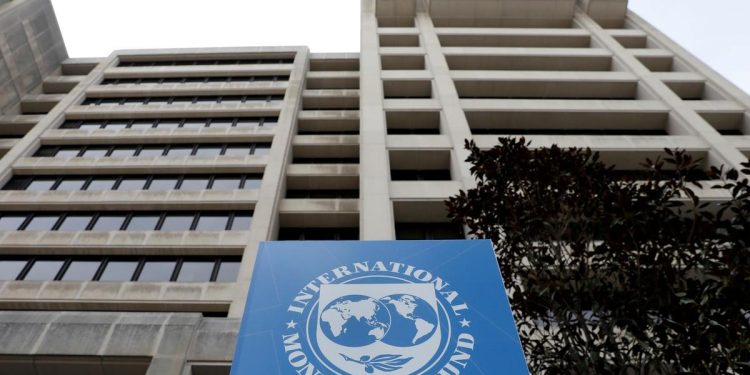The International Monetary Fund (IMF) has retained its assessment of Kenya’s external debt stress levels at moderate. The Fund gives the main reason for this rating to the long list of ambitious investment plans that are mainly financed by non-concessional loans.
This risk assessment is contained in the IMF/World Bank policy paper titled “The Evolution of Public Debt Vulnerabilities in Lower-Income Economies” published on February 10th, 2020.
The IMF policy paper No. 20/003 observes that Public debt in lower-income economies (LIEs) has risen in recent years, with half of the countries covered in this report now assessed to be at high risk of or already in debt distress.
It said that overall, low-income economies including Kenya, have been experiencing an increase in local currency debt to GDP ratio, broadly at the same pace as the foreign currency debt to GDP ratio. The share of local currency debt to total public debt has been around 30 per cent over the last decade, in most of these countries.
Kenya, Ghana and Tanzania are mentioned as countries that have had active participation of local investors in the debt market. Kenya and Nigeria are among those among those who have issued restrictions on the type of security offered. Kenya has also introduced restrictions on bank swaps with non-residents.
IMF notes that Kenya has been issuing local currency bonds that have maturities greater than 15 years as well as Nigeria which in April issued a 30-year bond. The introduction of longer tenor debt instruments has the effect of reducing pressure on public debt management and repayments.
The International Monetary Fund in October 2018 raised the probability of Kenya’s external debt stress levels to moderate from low due to increasing refinancing risks.
The IMF recommends the present value of emerging-market nations’ debt shouldn’t exceed 74% of GDP; Kenya set a lower cap of 50% and has since breached these levels.
Another mission is planned in early 2020 to hold discussions on a new precautionary stand-by arrangement and undertake the Article IV consultation discussions.
RELATED:
IMF Says Kenya’s Public Projects in Crisis – Kenyan Wallstreet
Kenya’s GDP to Grow at 6% in 2020, AfDB Report
Kenya May Issue a Fourth Eurobond in 2020



